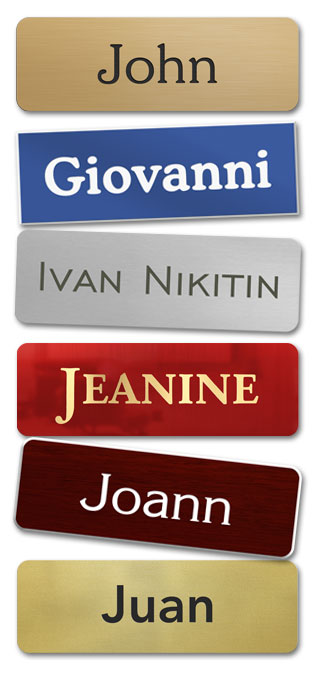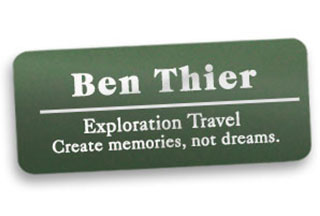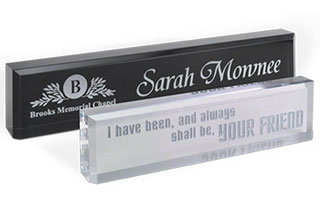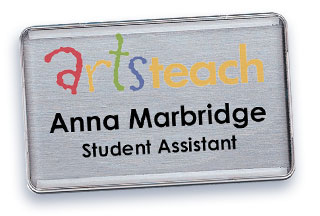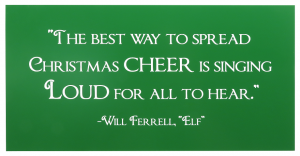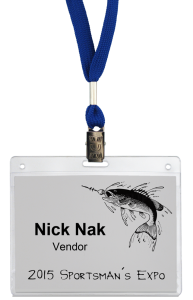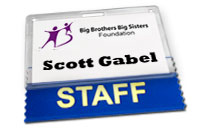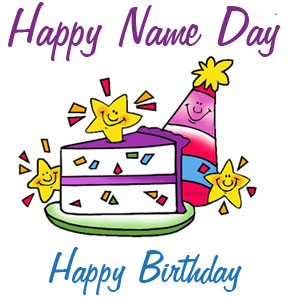
The moniker we received from our parents the day we are born may be our most valuable possession. It distinguishes us from others, and it shapes our personalities and individuality. Many cultures and countries celebrate a person yearly on a special ‘Name Day.’
The best thing about name days is that you don’t need to know your friend’s birth date to send them a greeting; you only need their name. And, while birthdays are the most popular reason to celebrate and party, why limit our celebration of each person’s uniqueness to a single day?
Is this day the same as my birthday?
In short, the answer is no. However, there is much more to the answer than a simple “yes or no.” Birthdays are just that, the day you were born. However, your name day extends beyond and into more meaning than a birth date. In many traditions, cultures and religions, your name day is more important than your birthday.
What are name days, and where do people celebrate them?
Many European and Latin American countries celebrate name days each year. The tradition of celebrating this day goes back to the Middle Ages, especially in Catholic and Orthodox countries and continues today. Celebrations of each name day may commemorate saints and martyrs of the Catholic church. For example, Sweden celebrates the name Karl on January 28, the anniversary of Charlemagne’s (whose given moniker is Karolus or Karl) death.
A saint’s day celebration will include all the possible variations of that moniker. For example, St. Johns Day (January 7) is the name day of anyone named John, Giovanni, Ivan, Jeanine, Joann, Juan, and any of the 119 variations used worldwide.
Name days may be associated with a season or time of the year. One example is Palm Sunday, the name day for people with names related to flowers, herbs and plants to celebrate.
Many different traditions are associated with name days. However, no matter the customs, this is a time to celebrate the individual with congratulations and even small gifts.
How can I find my name day?
We know how important names are for building and maintaining relationships. And we believe in celebrating individual names every chance we can. So, search for official lists to find out when your moniker is celebrated. Many counties worldwide maintain lists of name days. For example, Sweden and Finland have kept lists that date to the 18th century and earlier. Today, It is simple to find a name day for yourself, your family and your friends by using the power of the internet. We recommend visiting www.mynameday.com to find yours!
Why are these days suddenly so popular?
In the book and television series, Game of Thrones, author George R.R. Martin refers to namedays. While he does not clearly define their significance, he mentions that they coincide with birthdays.
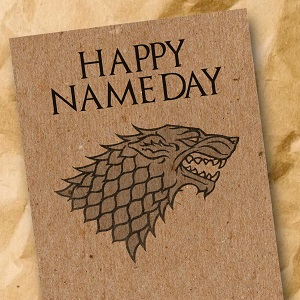
The nameday is a custom in the society of the Seven Kingdoms. It is an annual celebration commemorating the naming of a person and serves to calculate his or her age. Babies are named the same day they are born. People receive presents from friends and family on their nameday. It is essentially what we now call a birthday.
So the tradition of namedays in Game of Thrones differs from the European tradition of celebrating one’s name day.
In conclusion
While each culture, fictional or not, may have different traditions surrounding name days, they all have one thing in common: the purpose.
Names are more than a label; our names help define us, they assist in building and maintaining relationships, and they are part of the continuity of society and a culture’s history. They are a part of our uniqueness and individuality and are always worth celebrating.
So, whether you respond to Michelle or Karl, Rebekah or Yuri or any other moniker, you have two days a year that are special to only you: your birthday and your name day.
We are all about celebrating names!
Check out these products that share you with the world—showing your pride at work, in the community and at home.

